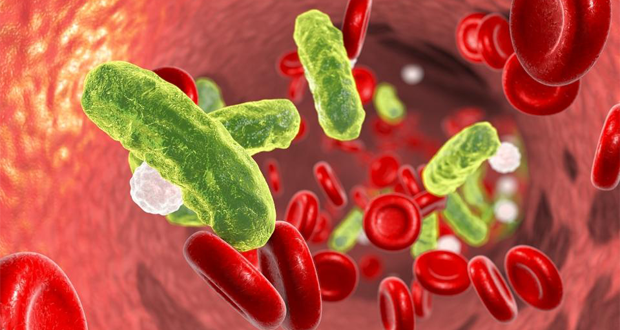
Curcumine better for dementia than an antipsychotic drug
What’s better for dementia: an antipsychotic drug or an Indian curry? The curry wins hands down, the curcumin in the dish is a natural preventative of dementia and Alzheimer’s, while the drugs are killing a high percentage of dementia patients, two new studies have discovered this week. Rates of dementia are lower among the elderly in India, and scientists now think they know why: curcumin, the key ingredient in turmeric, the spice that is the staple of all curries, [highlight]encourages the growth of new nerve fibres in the brain[/highlight]. These bypass the brain’s existing ‘wiring’, which, in Alzheimer’s disease, is damaged by a protein called amyloid plaques, say researchers from Linkoping University in Sweden.
Some [highlight]antipsychotic drugs, often given to dementia patients as a ‘chemical cosh’, are killing 1 per cent of those taking them[/highlight]. Around 180,000 people in a UK care home or hospital are given an antipsychotic, and 1800 are dying from the drugs each year.
A new study from Harvard Medical School has drawn up a list of the most lethal antipsychotics. The worst appears to be haloperidol, marketed as Haldol, while the most benign of a bad bunch is quetiapine (Seroquel).
Source: PLoS ONE, 2012;7(2):e31424. doi: 10.1371/journal.pone.0031424





